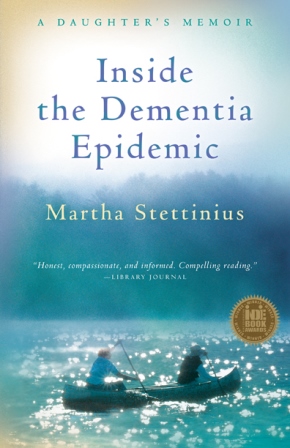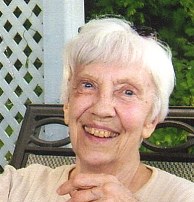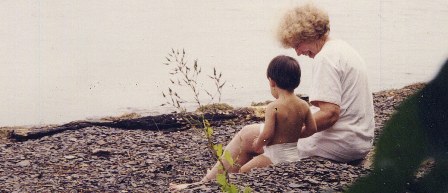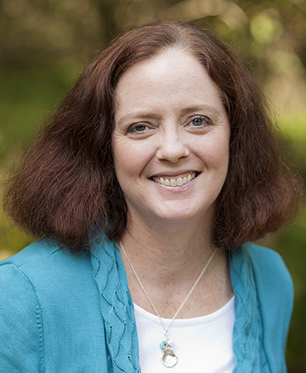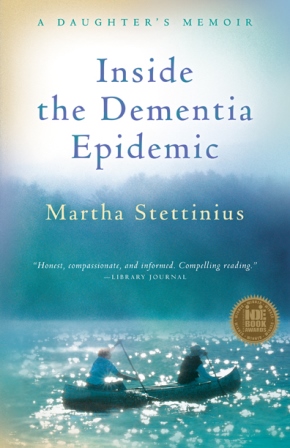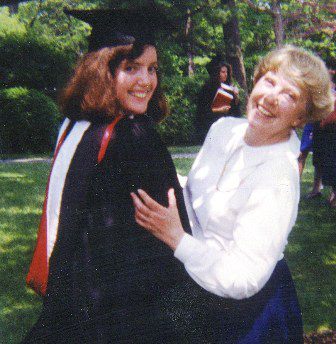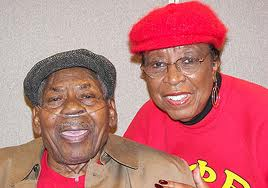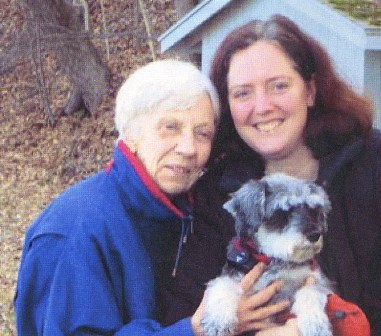Why Women Need Public Long-Term Care Insurance--an OWL Report
 Thursday, May 15, 2014 at 05:27PM
Thursday, May 15, 2014 at 05:27PM 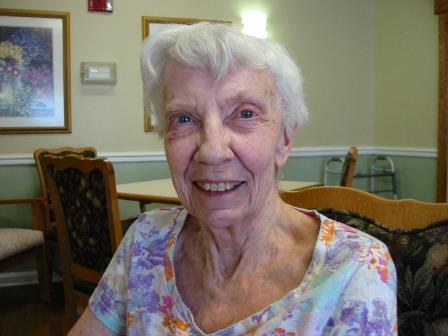 Mom at age 77, in her memory care facilityWomen continue to live longer than men, are the primary consumers of long-term care, and as family caregivers provide more hands-on care (such as feeding, showering, and toileting) than men. Many men are hands-on caregivers, of course, but long-term care remains a major issue for women.
Mom at age 77, in her memory care facilityWomen continue to live longer than men, are the primary consumers of long-term care, and as family caregivers provide more hands-on care (such as feeding, showering, and toileting) than men. Many men are hands-on caregivers, of course, but long-term care remains a major issue for women.
A new Mother’s Day report from OWL (the Older Women’s League) explains why U.S. women need a public long-term care insurance program similar to those of other nations.
My mother, Judy, who passed away a year ago with Alzheimer’s disease at age 80, did not have long-term care insurance. Instead, as a divorced elementary school teacher raising me on her own, she tracked her living expenses on color-coded spreadsheets, and pinched every penny her whole life. After investing in some mutual funds, she retired with a modest pension and about $150,000 in savings—all hard-won. Unfortunately, six years of long-term care wiped out her savings—and she needed two additional years of care.
In my post this week for caregivers.com I take a look at OWL's report, and consider how the last years of my mother’s life (and my own as her caregiver) might have been less stressful and financially ruinous if she had had private LTC insurance or access to the kind of public LTC insurance many nations offer.
Read the post here.





